In a recent lecture in Oxford, the German finance minister Wolfgang Schäuble said that “the crisis is helping to advance the European project.” In a sense, he is of course right. The crisis has been the catalyst for a process of accelerated integration – albeit at gunpoint – in which member states have transferred powers to the European level, particularly over their economies, that would have been unthinkable under other circumstances. The banking union that is now being created may be followed by a fiscal and even political union of some kind. For many people such as Schäuble who are thought of as exemplary “pro-Europeans”, the crisis has been an opportunity.
However, during the last three years this process of accelerated integration has been accompanied by two worrying developments that distinguish it from earlier phases of European integration. The first development relates to the role of coercion in the EU. The second development relates to the role of Germany. These two developments may be temporary phenomena that will pass if and when the crisis is resolved. But there is also a danger that they may transform the European project into something quite different from the European Union to which we were used. In that case, a project that was meant to overcome the domination within Europe might become a vehicle for domination in a new form.
The EU functioned as a civilizing structure that managed difference within Europe. Based on the voluntary transfer of sovereignty, it accepted difference in Europe and did not involve coercion. But as the eurozone develops much stricter rules and enforcement of rules to solve the crisis, coercion is playing a greater role in the EU than it used to. What seems to be emerging from the crisis is an EU that is based on discipline and punishment rather than a “Europe of incentives” in which citizens and member states can see the benefits for them of the EU and of the model for which it stands. Ian Traynor has called it “a joyless union of penalties, punishments, disciplines and seething resentments”.
The emergence of this more coercive EU is leading to the re-emergence of old tensions and prejudices within Europe. This is the tragedy of the euro crisis: as Gideon Rachman has put it, “a single currency that was meant to bring Europeans together is instead driving them apart”. Perhaps the nastiest and most dramatic example so far is the mutual animosity between Germany and Greece – the two countries that, in different ways, are at the centre of the crisis that began in 2010. But this may be only the beginning, even in the best-case scenario in which the eurozone remains intact and a banking and fiscal union is created. Can this really be called an “advance” in the European project?
At the same time as the EU is becoming more coercive, it is also becoming more German. Never in the history of the EU has one member state been as relatively powerful as Germany is now. In fact, Germany is now perceived to be so dominant that the EU itself is identified with it - a development that is hugely damaging for the way the EU is perceived. In deficit countries such as Greece, Italy and Spain, conditionality is – rightly or wrongly – now perceived to be being imposed by Berlin rather than Brussels, hence the anti-German feeling in those countries. There is now once again much debate about potential German “hegemony” within Europe and serious commentators are even discussing the possible emergence of a German “empire” - historical problems that the EU was meant to solve.
Supporters of the eurozone’s response to the crisis argue that there was “no alternative” to the co-ordinated and sustained austerity that has been imposed in order to respond to the debt crisis. But there is now a danger not just that a break-up of the euro could lead to disintegration of the EU, as Chancellor Angela Merkel and others have suggested, but also a danger that in saving the single currency, the EU will be transformed it into a quite different project that is not automatically better just because it is more integrated. It seems to me is no longer enough to simply call for pro-Europeans to call for “more Europe”. We also need to think about what kind of Europe we want.

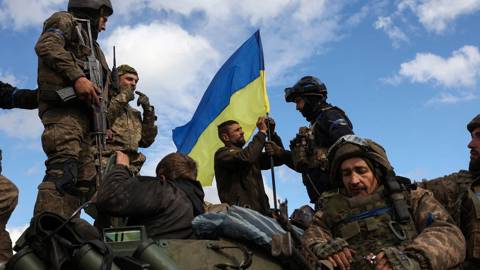

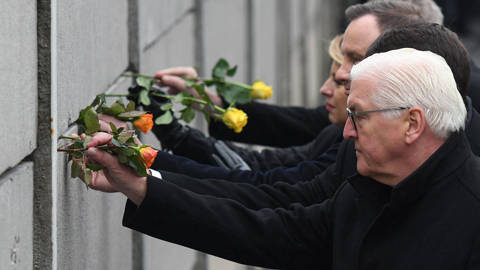
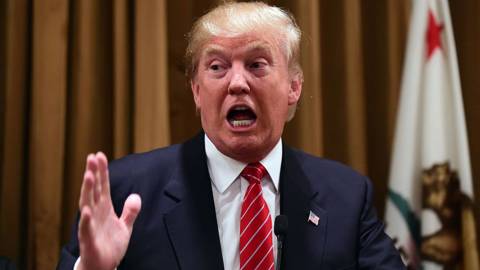
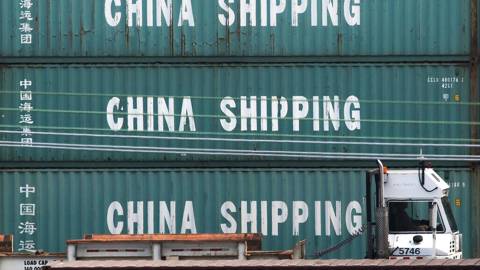

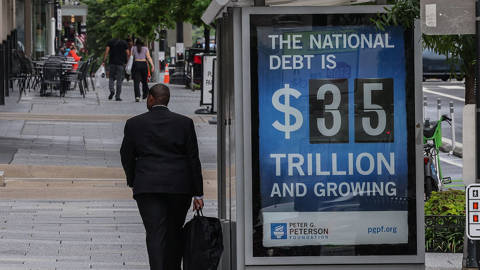
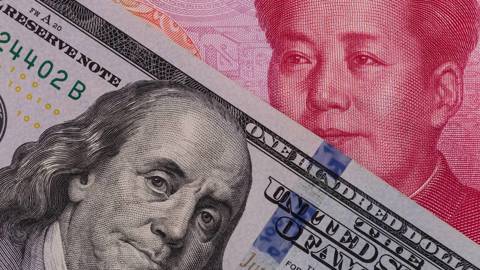
In a recent lecture in Oxford, the German finance minister Wolfgang Schäuble said that “the crisis is helping to advance the European project.” In a sense, he is of course right. The crisis has been the catalyst for a process of accelerated integration – albeit at gunpoint – in which member states have transferred powers to the European level, particularly over their economies, that would have been unthinkable under other circumstances. The banking union that is now being created may be followed by a fiscal and even political union of some kind. For many people such as Schäuble who are thought of as exemplary “pro-Europeans”, the crisis has been an opportunity.
However, during the last three years this process of accelerated integration has been accompanied by two worrying developments that distinguish it from earlier phases of European integration. The first development relates to the role of coercion in the EU. The second development relates to the role of Germany. These two developments may be temporary phenomena that will pass if and when the crisis is resolved. But there is also a danger that they may transform the European project into something quite different from the European Union to which we were used. In that case, a project that was meant to overcome the domination within Europe might become a vehicle for domination in a new form.
The EU functioned as a civilizing structure that managed difference within Europe. Based on the voluntary transfer of sovereignty, it accepted difference in Europe and did not involve coercion. But as the eurozone develops much stricter rules and enforcement of rules to solve the crisis, coercion is playing a greater role in the EU than it used to. What seems to be emerging from the crisis is an EU that is based on discipline and punishment rather than a “Europe of incentives” in which citizens and member states can see the benefits for them of the EU and of the model for which it stands. Ian Traynor has called it “a joyless union of penalties, punishments, disciplines and seething resentments”.
The emergence of this more coercive EU is leading to the re-emergence of old tensions and prejudices within Europe. This is the tragedy of the euro crisis: as Gideon Rachman has put it, “a single currency that was meant to bring Europeans together is instead driving them apart”. Perhaps the nastiest and most dramatic example so far is the mutual animosity between Germany and Greece – the two countries that, in different ways, are at the centre of the crisis that began in 2010. But this may be only the beginning, even in the best-case scenario in which the eurozone remains intact and a banking and fiscal union is created. Can this really be called an “advance” in the European project?
At the same time as the EU is becoming more coercive, it is also becoming more German. Never in the history of the EU has one member state been as relatively powerful as Germany is now. In fact, Germany is now perceived to be so dominant that the EU itself is identified with it - a development that is hugely damaging for the way the EU is perceived. In deficit countries such as Greece, Italy and Spain, conditionality is – rightly or wrongly – now perceived to be being imposed by Berlin rather than Brussels, hence the anti-German feeling in those countries. There is now once again much debate about potential German “hegemony” within Europe and serious commentators are even discussing the possible emergence of a German “empire” - historical problems that the EU was meant to solve.
Supporters of the eurozone’s response to the crisis argue that there was “no alternative” to the co-ordinated and sustained austerity that has been imposed in order to respond to the debt crisis. But there is now a danger not just that a break-up of the euro could lead to disintegration of the EU, as Chancellor Angela Merkel and others have suggested, but also a danger that in saving the single currency, the EU will be transformed it into a quite different project that is not automatically better just because it is more integrated. It seems to me is no longer enough to simply call for pro-Europeans to call for “more Europe”. We also need to think about what kind of Europe we want.
BLACK FRIDAY SALE: Subscribe for as little as $34.99
Subscribe now to gain access to insights and analyses from the world’s leading thinkers – starting at just $34.99 for your first year.
Subscribe Now